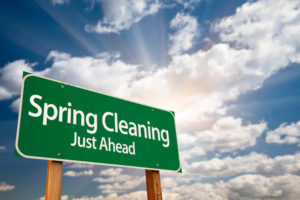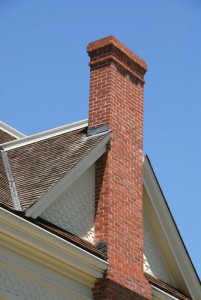Wood Stove and Fireplace Cleanings for the Spring
Spring is in the air! Trees are finally flowering, and birds are chirping. Depending on where you live, you might even hear whippoorwills in the evenings. Our service area of Suffolk County, Long Island may have slow-rising temperatures, but spring is welcome after a long winter! Spring is a great time to complete projects around your house. Projects such as yard maintenance, car washing, and home cleaning. Have you considered your stove or fireplace this spring? Having it cleaned in the spring can prevent problems this summer, and have it ready and waiting for another fire this fall.
Spring Cleaning
Periodically through the year, your fireplace and chimney system will need to be cleaned. Your chimney sweep company can help you determine how often your chimney and appliance will need service. However, having the work done in spring is always a great option, since it offers great benefits.
Cleaning Prevents Odors
If you leave the soot and creosote in your fireplace and flue system, the humidity from summer weather will mingle with the deposits there, causing foul odors. As this seeps into your home, it may smell as if the oven was left open or a barbecue grill was left smoldering right outside your door or window. Cleaning now will prevent odors.
Cleaning Includes an Inspection
Not only will we clean out your fireplace or wood-burning stove, but we’ll check the connections, assess the chimney system, and report any problems right away so that they can be corrected before burn season returns.
Cleaning Raises Efficiency
You may not need it to now, but this fall, your fire will burn more efficiently if you have the system swept now. Additionally, you won’t have to worry about scheduling services in the fall, when companies are at their busiest.
Cleaning Maintains Safety
The Chimney Safety Institute of America (CSIA) and the National Fire Protection Association (NFPA) agree that fire systems that are cleaned and maintained properly are the safest. Clean your system now so that your fireplace will be safer this fall.
Wood is a popular option, especially in New England, where winters can be quite harsh. Wood stoves and fireplaces produce great amounts of heat and more efficient than ever–but they only work if they are maintained. Cleaning them is so important that your factory warranty may require it! Talk to an expert at Chief Chimney Services about your wood-burning fireplace or appliance today. We service fireplaces and chimney systems that are factory-built, historic masonry, and more.
Schedule today with Chief Chimney Services by filling out our online scheduling tool.

